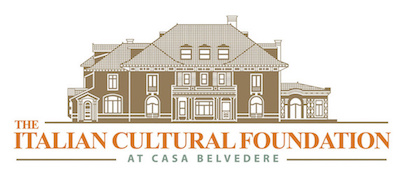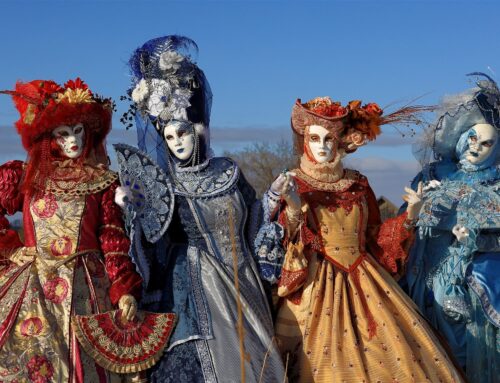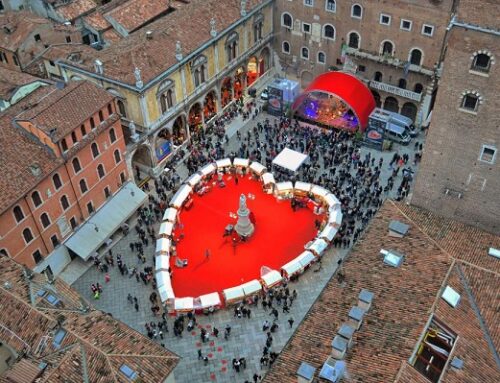Il ruolo della mamma italiana
Many mothers in Italy embrace their matriarchal roles of creating a loving, stable home for their children, and maintaining traditions that revolve around culture, religion – and food.
But like many women around the world, the role of an Italian mother has changed with the times. Today’s Italian mothers still embrace the concept of family and lovingly nurture their children, but also have careers and work mutually with their husbands to care for children.
Historically, Italian women have come a long way. During Italy’s fascist era from 1922 to 1943, Prime Minister Benito Mussolini insisted that a woman’s place was in the home, giving birth to lots of babies. Italian women were largely restricted from participating in the workforce and often had large families.
During World War II and the post-war years, Italian mothers were proud to be a “casalinga’ – a housewife. It was a role that came with prestige, showing that the family was supported by a successful husband.
In Italy, as in the United States, women began to want more, and society started changing. The feminist movement in the 1960s and 1970s brought many changes for women. In 1975, family rights legislation promoted the equality of women and shared responsibility between mother and father.
Italian women have gone on to become successful as scientists, politicians, actresses, entrepreneurs, and much more. They include Italy’s first female astronaut Samantha Cristoforetti, and Emma Marcegaglia, an entrepreneur and first female president of the General Confederation of Italian Industry. Fabiola Gianotti is an Italian experimental particle physicist and the first woman to be Director-General at CERN (European Organization for Nuclear Research) in Switzerland.
Other notable Italian women are Italian billionaire fashion designer and businesswoman Miuccia Prada, and Academy Award winner Sophia Loren, who grew up in the slums of Naples and ultimately became an icon of elegance and determination.
Even with their successes, many Italian women are still viewed as the heart of the family, and the primary caregivers for children. Many couples follow the values of the Catholic church, getting married, and having children raised by the mother.
But a new generation of well-educated Italian women are choosing between being independent and focused on a career, or getting married and having a family. Birth rates have declined, with couples having one or two children at a later age.
Still, Italian mothers are a force to be reckoned with. They treat cultural traditions with reverence and show their love with bountiful family meals. They can be fiercely protective of their children, and especially over their sons, who tend to live at home much longer than in other countries.
Mothers in Italy are celebrated annually on Festa Della Mamma, although with less fanfare than Mother’s Day in the United States, where mothers receive gifts of flowers, candy, and restaurant meals. In Italy, family members will visit their mothers to celebrate them and show their love, enjoying each other’s company.
The Italian Cultural Foundation at Casa Belvedere is a not-for-profit organization that celebrates everything Italian by sharing stories such as this, and offering exceptional public programs: Language and cooking classes; art and photo exhibits; film festivals; opera luncheons and casino nights; Italian car shows and fashion shows; live concerts and theatrical performances; guest chef experiences and wine tastings; bocce and bingo (tombola); and much more. Casa Belvedere (house with a beautiful view) has established itself as a vibrant and buzzing cultural center in New York City. For more information, visit casa-belvedere.org.






